Since ancient times, a wide variety of plants and herbs that have been in and around us have been known for their historical significance as well as their medical value. Many plant-based medications are being examined in modern medicinal folklore because of their unique healing qualities and impacts on health and overall wellness. The Aleppo oak, also known as Quercus Infectoria Olivera or Majuphal, is one of the numerous potent herbal plants that the planet has endowed us with. It is an efficient herb that is widely employed in the treatment of a variety of health problems.
Majuphal, also referred to as oak galls, develops on the leaves of oak trees. Majuphala typically comes in two varieties: white gall Majuphala and green gall Majuphala.
Majuphal has anti-inflammatory and antioxidant qualities that are helpful in the healing of wounds. Due to its antimicrobial qualities, it lowers the possibility of skin infections. Additionally, it has an astringent characteristic that tightens skin by contracting skin cells or tissues.
According to Ayurveda, gargling with Majuphal decoction can treat tonsillitis and reduce throat inflammation. With its Kashaya (astringent) and Sita (chill) characteristics, it also stops gum bleeding and has a calming and soothing effect.
Due to its antifungal properties, Majuphal may be useful in specific vaginal issues such as candida infections. Due to its Kashaya (astringent) quality, Majuphal powder taken with lukewarm water helps manage the symptoms of leucorrhea.
Table of Contents
About Majuphal plant:
The dyer's oak tree, Quercus infectoria, produces an outgrowth called a "majuphal" on its young twigs. In English, it is typically referred to as oak galls or gall nuts. It develops as a result of the deposit of eggs from a particular species of gall wasp.
The female wasp makes a hole in the twig's bark before laying her eggs inside the sprout. Galls arise as a result of this process, which causes a vegetative overgrowth to form surrounding the larva that emerges from the eggs. The galls are a fantastic component of many herbal treatments. The galls keep expanding until the eggs hatch and the larvae are fully developed. The galls should ideally be gathered and dried before the insect emerges.
Majuphal is a semi-sized shrub that reaches a height of 4 to 6 feet. It enjoys some shade and does best in damp soil. The tree's branches are bent, frail, and drooping. The bright, long, and narrow leaves can reach a length of 4 centimetres. The monoecious flowers are pollinated by the breeze. The fruits have a diameter of around 8 mm and turn black as they mature. This plant has branching, cylindrical, fibrous roots that are 6 to 9 cm long and roughly 6 to 8 mm thick. The female gall-wasp known as Cynip Gallae Tinctoriae attacks young leaves, twigs, and buds, laying her eggs there, and creating the small outgrowths known as galls as a result. The galls have spherical, unevenly surfaced, and internally yellow interiors.
Health benefits of Majuphal:
- Cures diarrhoea
In Ayurvedic medicine, diarrhoea is referred to as Atisar and is brought on by eating unsuitable foods, drinking tainted water, and developing an infection in the intestines from a parasite or bacteria. Acute stomach pains of various kinds, including diarrhoea and dysentery, can be treated with the herb majuphal. Additionally, it is successful in reducing dysmenorrhea, or the discomfort linked to menstruation.
- Treats Piles
Majuphal is a powerful treatment for haemorrhoids, often known as bleeding piles. It prevents bleeding by constricting the tissues in the rectum area due to its astringent properties. Majuphal powder is used topically as an ointment to reduce swelling and pain associated with piles.
- Minimises hyperpigmentation
Majuphal is helpful in easing the signs of hyperpigmentation, which are more frequently brought on by the body's Pitta dosha becoming aggravated when the skin is exposed to heat. Majuphal lessens tanning of the skin and aids in the removal of pigmentation and black spots because of its healing and cooling nature.
- Controls Diabetes
Majuphal root extracts have been shown to have strong anti-diabetic properties. It has proven a corrective treatment to manage uncontrolled diabetes by increasing insulin production and normalising its levels.
- Heals Tonsillitis
Tonsillitis can be treated and throat inflammation reduced with majuphal decoction. Because it has astringent properties, it stops gum bleeding and has a calming effect on the throat.
- Cures Leucorrhoea
Majuphal is used to treat vaginal issues like vaginitis and leucorrhoea since it possesses antifungal characteristics. During the reproductive cycle, women may suffer problems with a thick, yellowish, whitish discharge from the vagina. Majuphal powder and lukewarm water can assist to decrease and alleviate these issues.

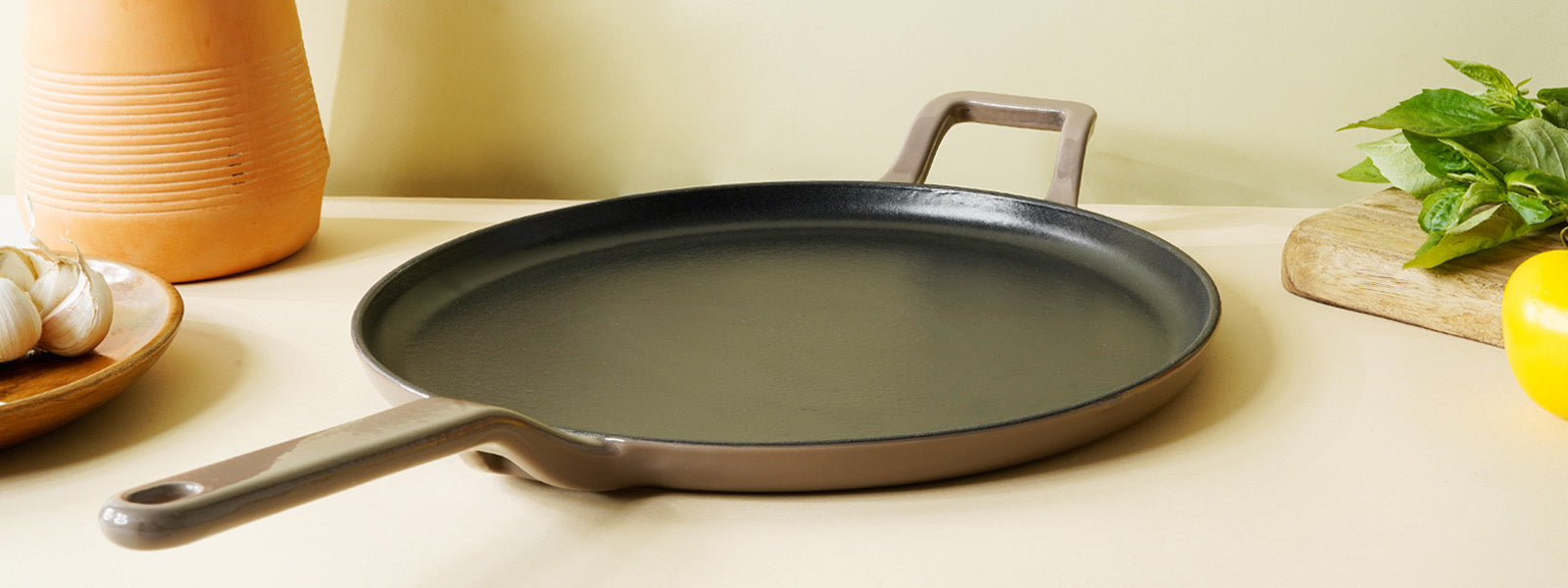
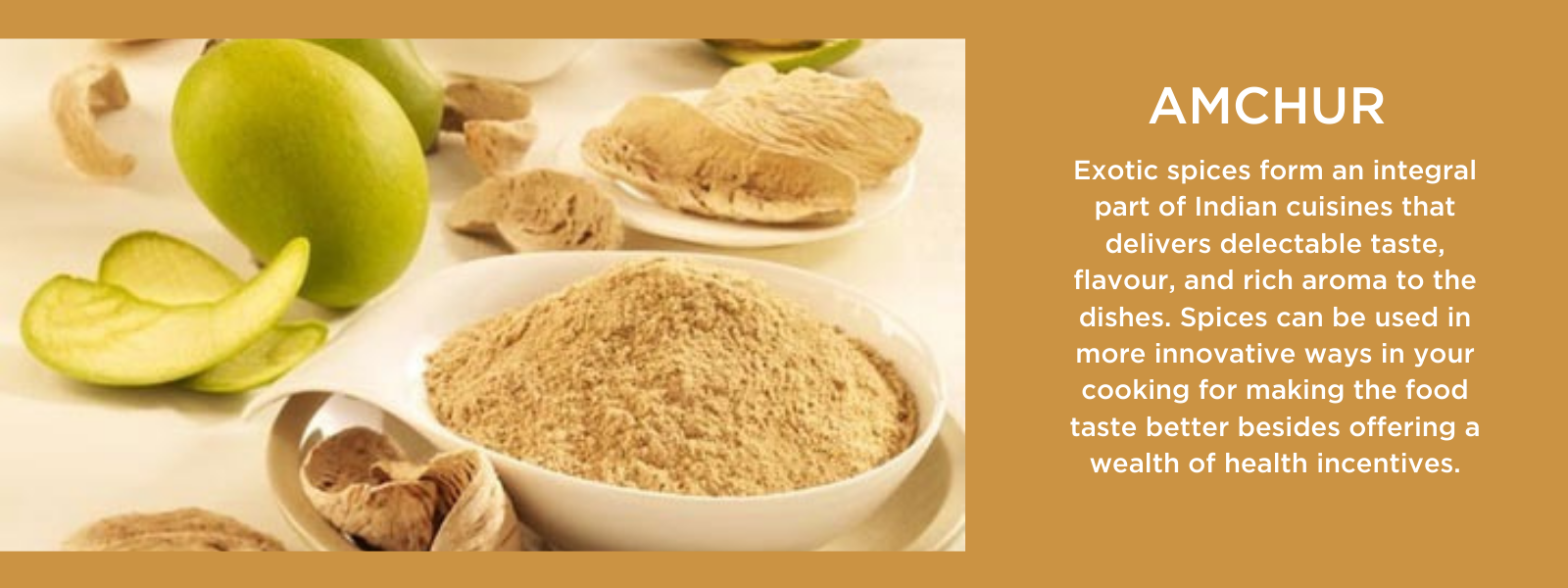

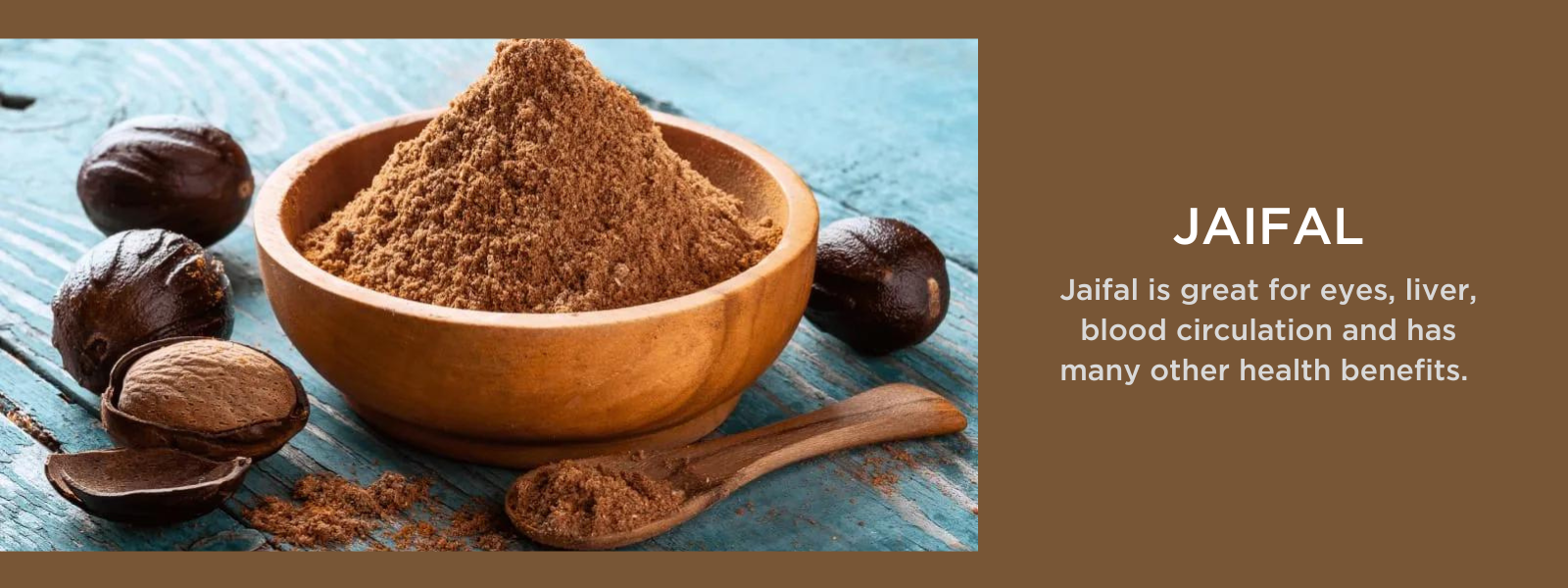
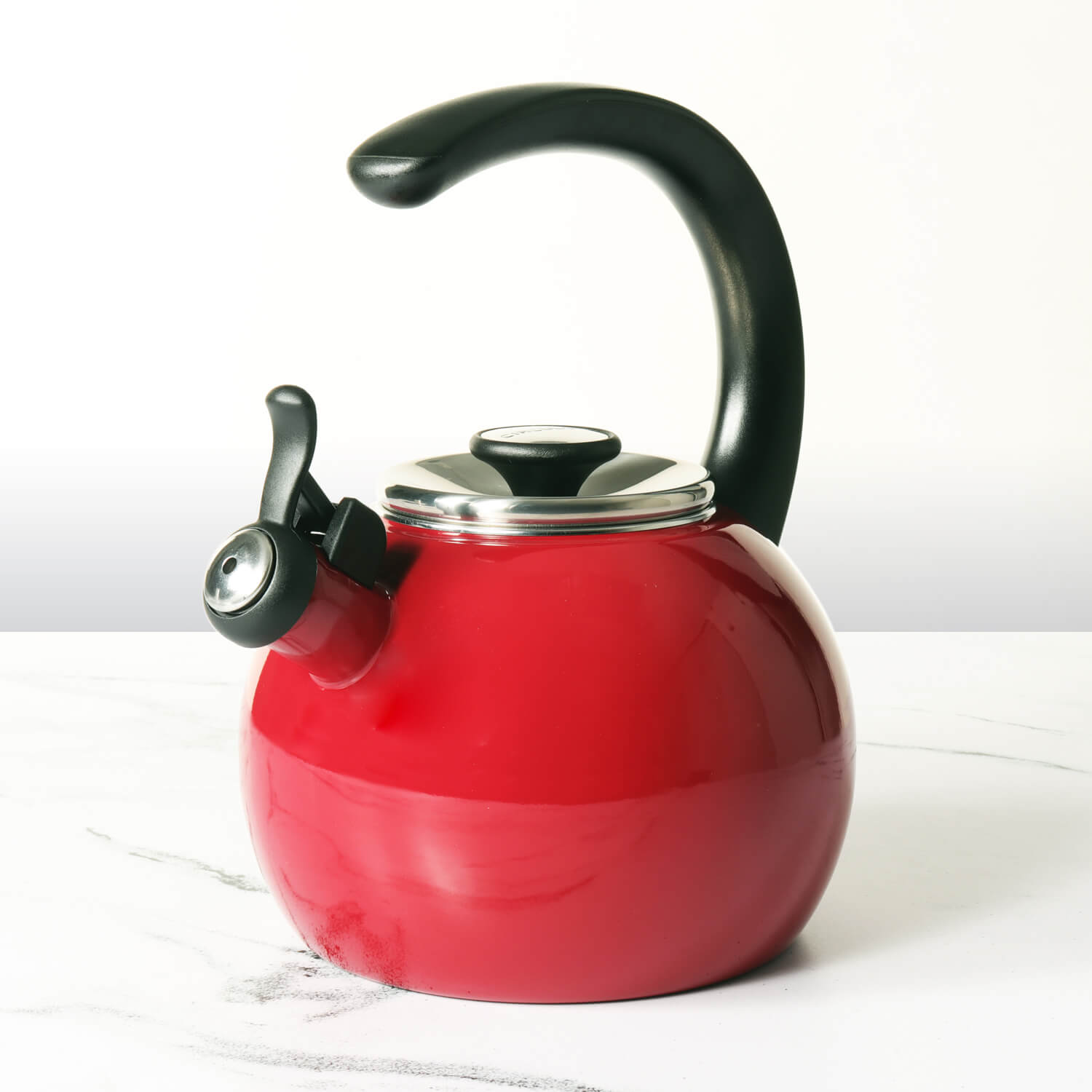
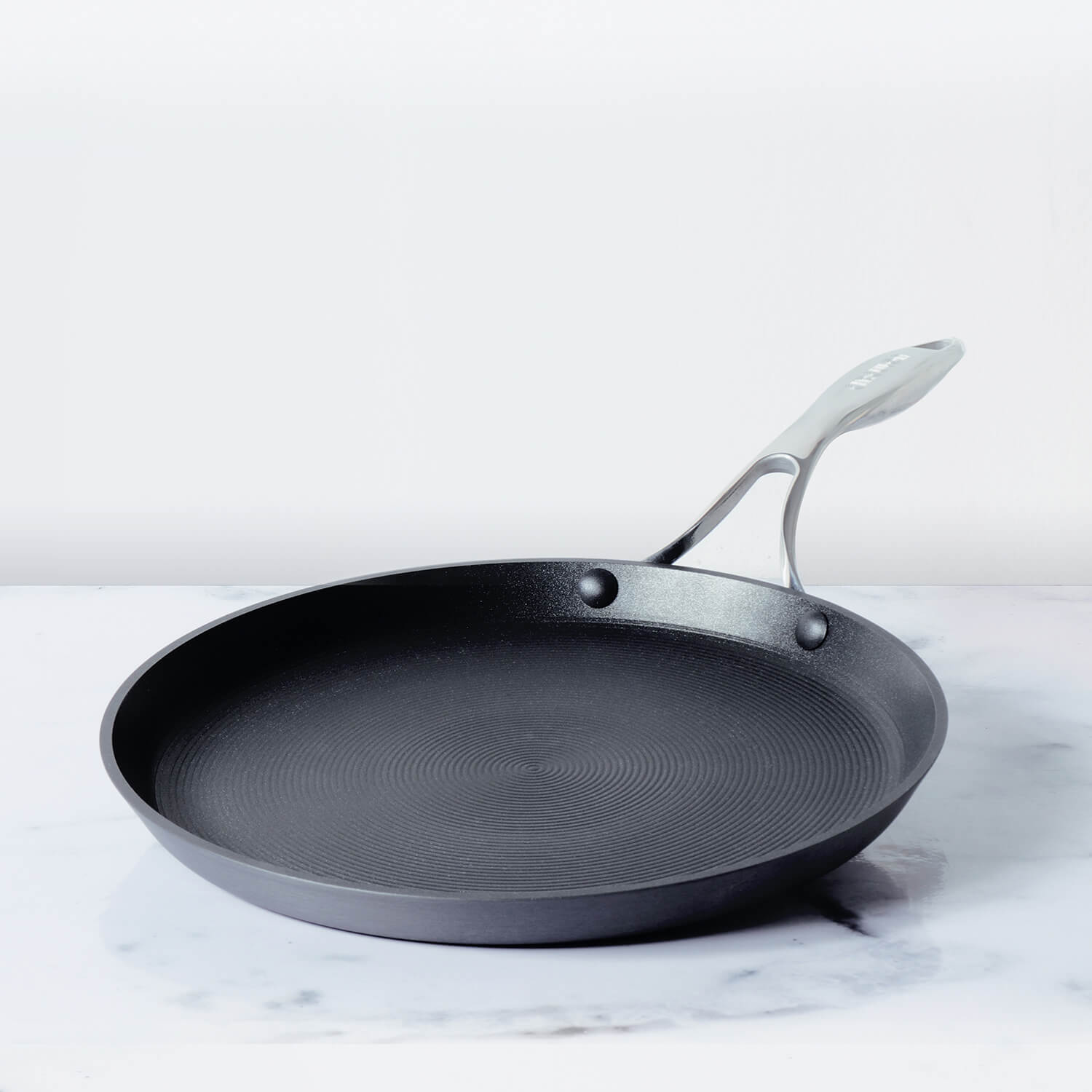




Leave a comment